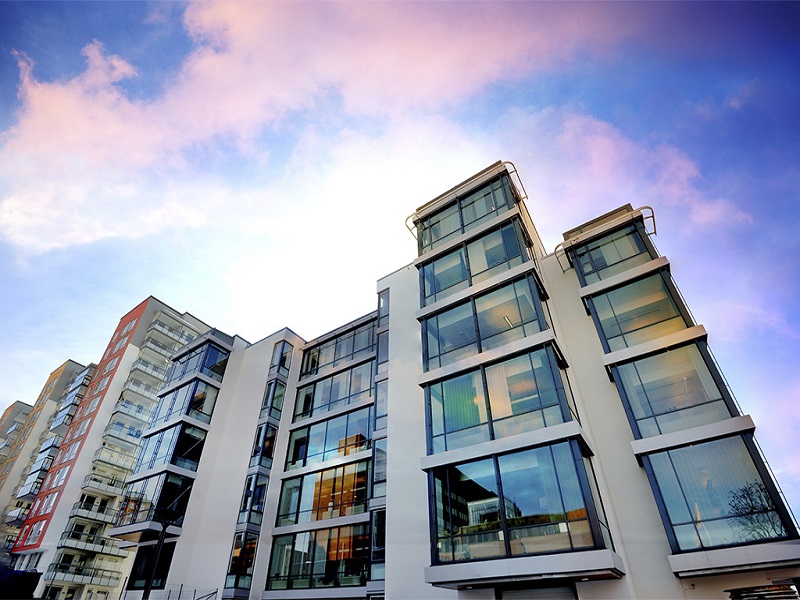Exploring the Pros and Cons
When it comes to purchasing property in Dubai, it’s not merely about the upfront cost listed on the property. There’s a maze of fees and considerations beyond the initial price tag. Understanding these nuances is crucial to avoid unexpected financial surprises, whether you’re a seasoned investor or new to the Dubai market. One significant decision for investors is choosing between secondary and primary markets—each with its own allure and drawbacks.
Advantages of the Secondary Market
Lower Prices
Secondary market properties, being previously owned, often come at a lower price point compared to newer developments in the primary market. This affordability can be a strong pull for investors seeking value.
Established Communities
These properties are nestled within established neighborhoods, offering immediate access to existing infrastructure, amenities, and a sense of community. This can be particularly attractive for those looking for a more settled environment.
Potential for Renovation
Older properties in the secondary market might present renovation opportunities. Investors can capitalize on refurbishment or remodeling projects, potentially increasing the property’s value.
Negotiation Leverage
Compared to the primary market, buyers in the secondary market might have more room for negotiation on the price or additional terms due to the nature of the sale.
Disadvantages of Secondary Marketing:
Maintenance and Repair Costs
Older properties often come with a higher risk of maintenance issues or the need for repairs. These additional costs can offset the initial savings on the property’s purchase price.
Limited Amenities
While established communities offer existing amenities, they might not match the modern facilities available in newer developments. This could affect the property’s attractiveness to potential tenants or buyers in the future.
Financing Challenges
Securing financing for secondary market properties might be more complex than for new developments, potentially resulting in higher interest rates or stricter lending criteria.
Resale Potential
Reselling a property from the secondary market might be more challenging due to market saturation or the property’s age, especially if it lacks the allure of newly constructed units.
Analysis of Pros and Cons of Secondary Marketing
Deciding whether to invest in the secondary market in Dubai boils down to individual preferences, risk tolerance, and long-term goals. While the initial cost savings and established communities may be appealing, the potential for higher maintenance costs and limited resale value should also be carefully considered.
Before diving in, investors should conduct thorough due diligence, considering factors like the property’s condition, location, and potential for appreciation. Engaging with experienced real estate agents or consultants could provide valuable insights into the market dynamics and assist in making informed decisions.
While the secondary market in Dubai offers distinct advantages in terms of cost and community, it’s crucial for investors to weigh these benefits against the potential downsides before making a commitment. Each property, whether in the primary or secondary market, presents a unique set of opportunities and challenges, and understanding these nuances is key to making a prudent investment choice in Dubai’s real estate landscape.


